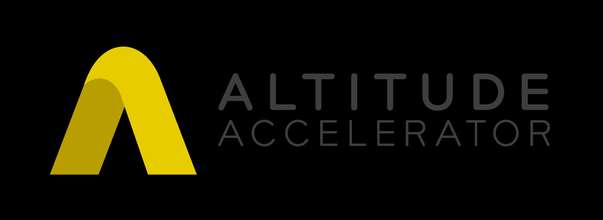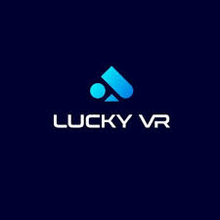The launch of the Oculus Rift opened the doors to an opportunity for Jeffrey Lande to merge all three of his passions—poker, technology, and entrepreneurship—and introduce enthusiasts to the world of virtual reality poker.
Seven years ago, the Oculus Rift Kickstarter campaign revived the virtual reality industry. They were able to raise approximately $2.5 million for the development of a headset that promised to provide users with a 90-degree field of vision—something unheard of in the virtual reality consumer market at the time.
In 2014, only two years later, Lande transformed his idea into a business, founded Lucky VR Inc., a virtual reality software development studio, and began creating the future of poker using virtual reality.
Last fall, Lucky VR Inc. announced their partnership with PokerStars, the world’s largest online poker site. And in May 2019, the company was selected to be one of 50 games that launched with the new Oculus Quest virtual reality headset from Facebook.
As an avid online poker player and serial entrepreneur, Lande’s experiences have influenced the way he operates his new business. Before founding Lucky VR Inc., Lande grew his entrepreneurial skills in two other ventures: Blushberry, a Toronto-based frozen yogurt shop in 2009, and BuzzDraft, a sports fantasy betting website in 2010.
“With every venture you learn so much experiencing the things that go right and things that don’t. I wouldn’t have been able to create Lucky VR without using learnings from past ventures,” says Lande. “Even if your past ventures are in different fields you’ll still learn from your successes and mistakes, and the lessons will apply to future endeavours. Everything from dealing with people (customers, employees, stakeholders, contractors) to the way you develop your product/software take time to figure out and rarely get right the first time around.”
Lande combined his history with start-ups, his knowledge of traditional online poker, and his interest in virtual reality to begin revolutionizing the way gamers played online poker.
For the first few years, Lande operated Lucky VR Inc. by himself until he hired a contractor who helped build prototypes and eventually joined the team as a technical co-founder.
Lande describes Lucky VR Inc. as a company that creates “immersive gaming experiences for head mounted displays with a specialization in casino and poker games.”
When players wear a virtual reality headset, such as the Oculus Quest, Lucky VR Inc.’s product immediately transports them into a captivating, three-dimensional simulated poker game. People from all around the world can connect and engage with other players’ avatars through this digital environment. You can pick up virtual chips and make bets, throw your cards in, smoke a virtual cigar, take a sip from your virtual beer can, and watch the dealer deal your cards.
But, Lucky VR Inc.’s journey wasn’t without it’s hurdles. At the beginning of the venture, Lande admits that he faced many challenges while growing the company to what it is today. Finding funding and first clients proved difficult for the software development studio as the gambling aspect of the game disqualified the company from obtaining any of the government financial programs available. Instead, Lucky VR Inc. attended trade shows to gain traction with potential clients.
Alongside overcoming financial obstacles, Lande explains that software development was another problem the team had to tackle. “To create a stable software product that hundreds or thousands of people will use especially on a brand-new medium, like virtual reality, and doing it for the first time at that scale, brings a lot of challenges,” Lande says.
Despite it all, Lande created a successful poker experience that caught the attention of both PokerStars and Oculus Quest, two big players in the tech market.
As of early this year, Lucky VR Inc.’s team consists of 15 full time skilled employees, ranging from video game programmers and 3D artists to poker players.



